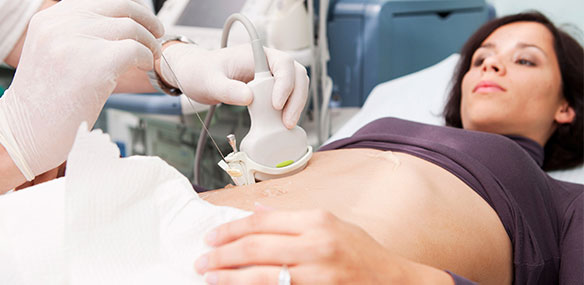What causes the body to attack your liver? Scientists are unclear on the causes and triggers of autoimmune liver disease, which can occur without symptoms or occur with anorexia or fatigue.
Liver specialists at Mills-Peninsula Medical Center are highly experienced in the diagnosis and treatment of autoimmune liver diseases. Here are some of the services we provide.
Autoimmune Hepatitis Care
In autoimmune hepatitis, the body attacks the cells of the liver, causing inflammation and, over time, cirrhosis and acute liver failure. The disease is more common in women than men and in people who have other autoimmune conditions such as type 1 diabetes and ulcerative colitis.
Because autoimmune hepatitis can look like other forms of hepatitis on liver function tests, your doctor will run a special blood test to diagnose your autoimmune liver diseases and possibly conduct a liver biopsy.
Treatment includes anti-inflammatory drugs, which you may need to take for life.

Primary Biliary Cirrhosis Care
Primary biliary cirrhosis is a chronic disease that destroys the bile ducts in the liver, causing scarring and cirrhosis. While it frequently occurs without symptoms, it can cause intense itching, fatigue, jaundice and swelling in the abdomen or ankles.
A liver specialist may recommend a blood test, ultrasound and liver biopsy to diagnose the disease.
Primary Schlerosing Cholangitis Care
Primary schlerosing cholangitis (PSC), a rare chronic disease of the bile ducts, occurs more frequently in men than women and results in scarring and inflammation of the biliary system. It can cause cirrhosis and cancer if untreated, and may require a liver transplant.
PSC is diagnosed using MRI cholangiopancreatography, an imaging study that can identify the signs of scarring in your bile ducts. If blockages occur in the bile ducts, your doctor may use endoscopic retrograde cholangiopancreatography (ERCP) to clear the blockages. Medication can improve bile flow. You’ll also need regular monitoring through liver function tests.












